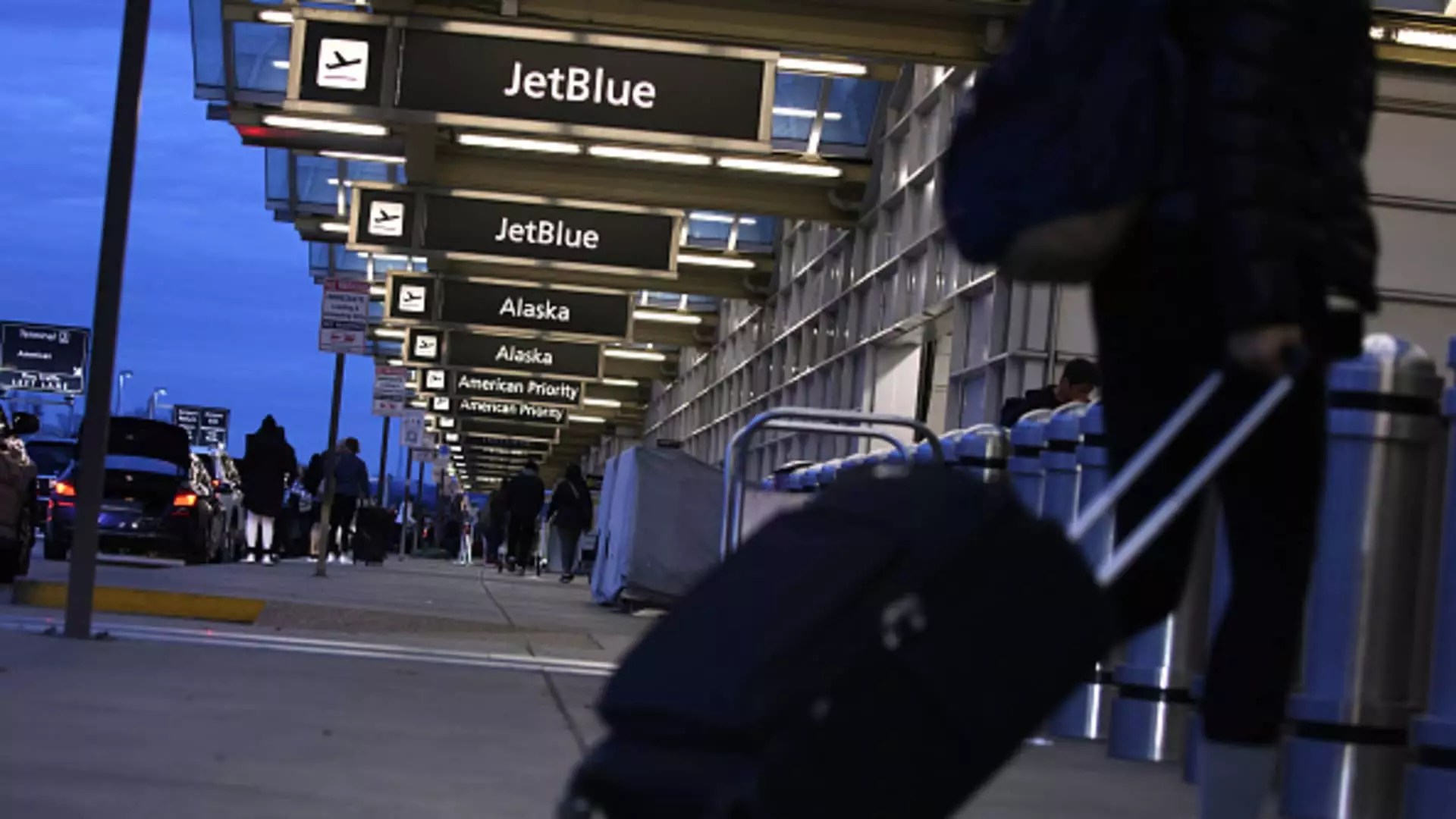In a strategic move to manage its financial landscape, JetBlue Airways has initiated a voluntary early retirement package for select pilots. Announced by the Air Line Pilots Association to its members, this decision reflects the airline’s efforts to streamline operations and counteract existing challenges. According to the airline’s recent communications, this initiative forms part of a broader strategy to mitigate costs while simultaneously enhancing revenue streams. Notably, this initiative coincides with the airline’s ongoing trials with aircraft grounded due to a Pratt & Whitney engine recall, further compounding the operational hurdles faced by the carrier.
Pilots interested in participating in this voluntary separation will have until February 7 to submit their bids. The agreement stipulates that eligible pilots will receive compensation equivalent to 55 hours of their hourly pay rate, extending until their mandatory retirement date or for a maximum of 18 months following the separation—whichever timeframe is shorter. This financial arrangement provides a significant incentive for pilots nearing retirement age, allowing them to transition smoothly into the next phase of their lives without financial stress.
For instance, under this agreement, an Airbus A320 captain with 12 years of service who reaches the federally-mandated retirement age of 65 by December 2027 stands to receive approximately $416,293. Conversely, a less experienced Embraer E190 captain with eight years under their belt who will retire this year would see a payout of roughly $160,859. These figures highlight a tailored compensation structure that acknowledges both seniority and service longevity among pilots.
This decision to offer early retirement packages raises questions about its implications for JetBlue’s overall workforce dynamics. While the intent is to relieve financial burdens, it is crucial to consider the potential fallout of losing seasoned pilots whose expertise contributes significantly to both safety and operational efficiency. Experienced pilots often serve as mentors to less seasoned crew members and their departure could create a gap in training and knowledge transfer within the airline.
The negotiations between JetBlue management and the pilots’ union indicate a commitment to balance organizational needs with the welfare of employees. The selection criteria focus on pilots who are 59 years of age or older by March 31, underscoring the airline’s effort to relieve its aging workforce while preserving operational capacity.
JetBlue’s decision is reflective of broader trends within the aviation sector, where airlines are grappling with various economic pressures. With the industry still recovering from pandemic-related downturns, airlines are re-evaluating staff structures and compensation policies to maintain competitiveness. As JetBlue eyes its quarterly results, the airline is acutely aware of the importance of fiscal responsibility during these uncertain times.
While JetBlue Airways’ offer of early retirement packages may serve immediate financial interests, the long-term effects on its operational integrity and pilot workforce warrant careful scrutiny. As the airline navigates these challenging waters, the potential balance between financial sustainability and employee morale will undoubtedly shape its future.


Leave a Reply